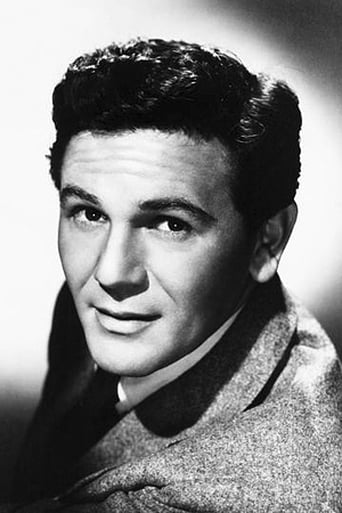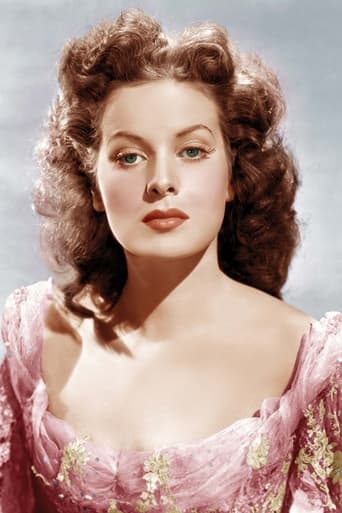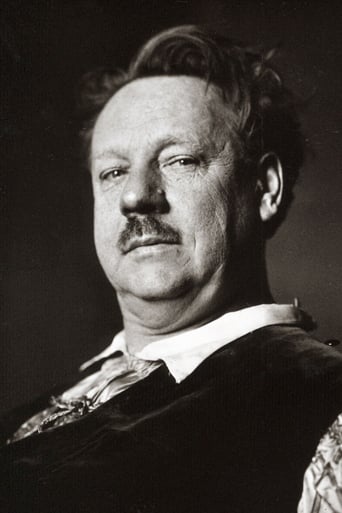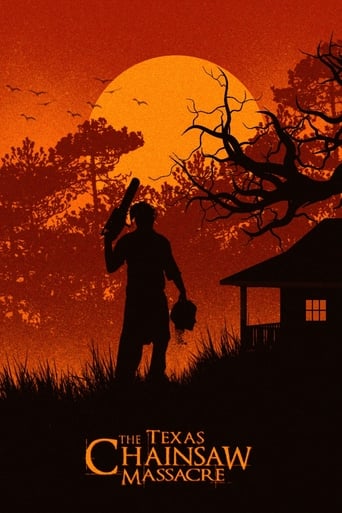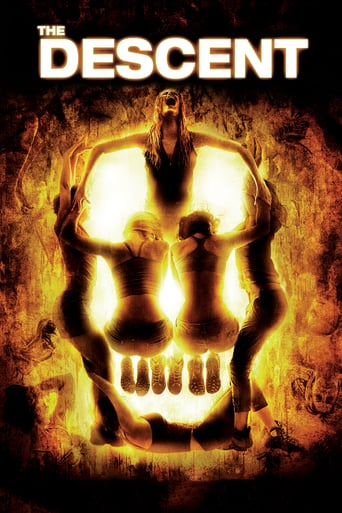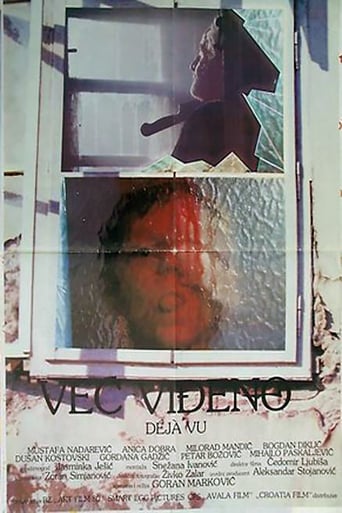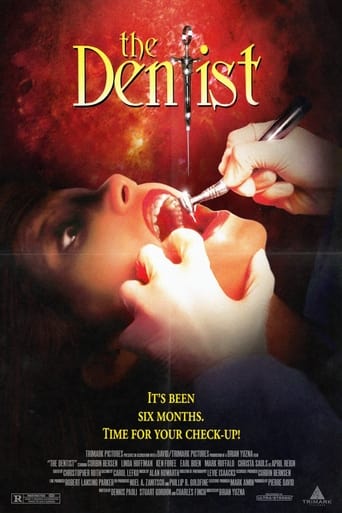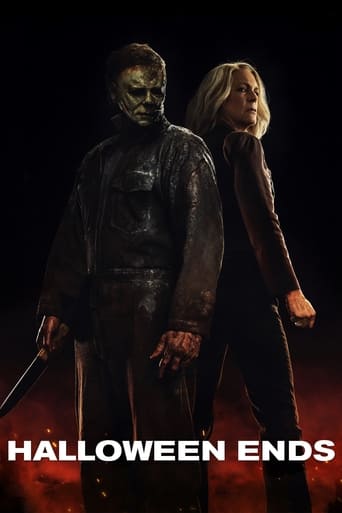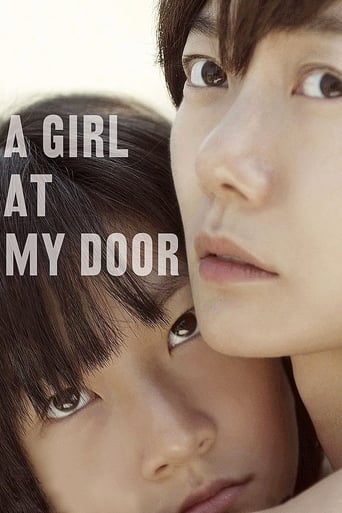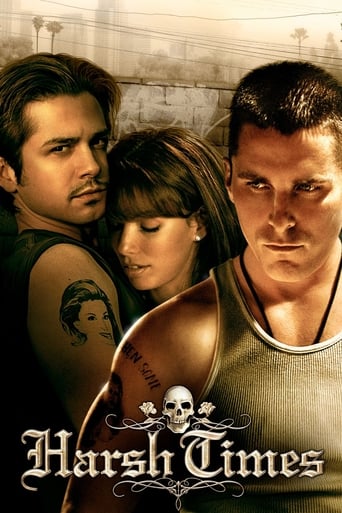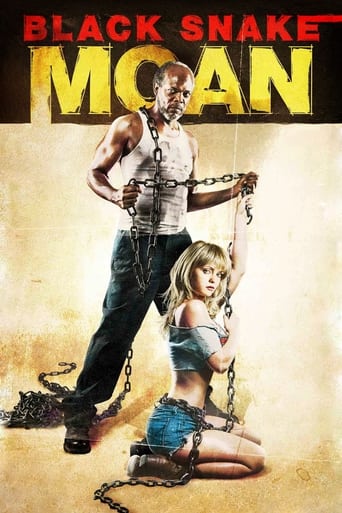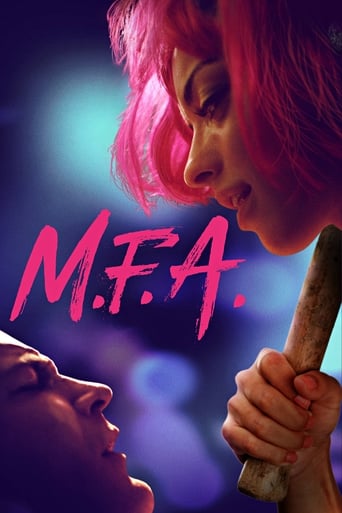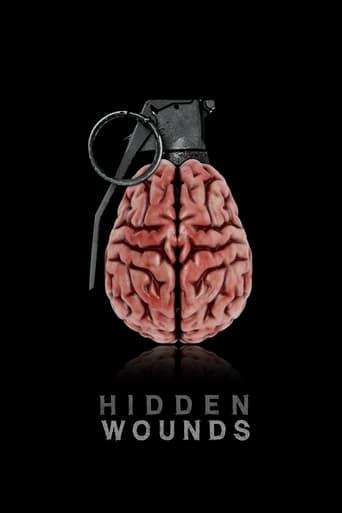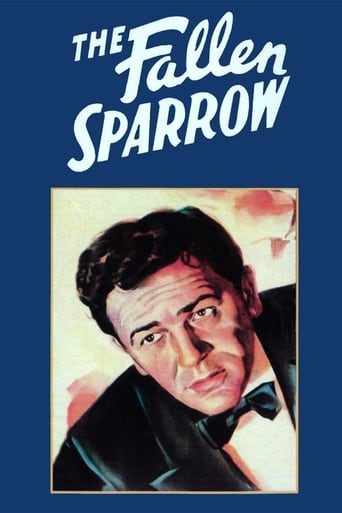
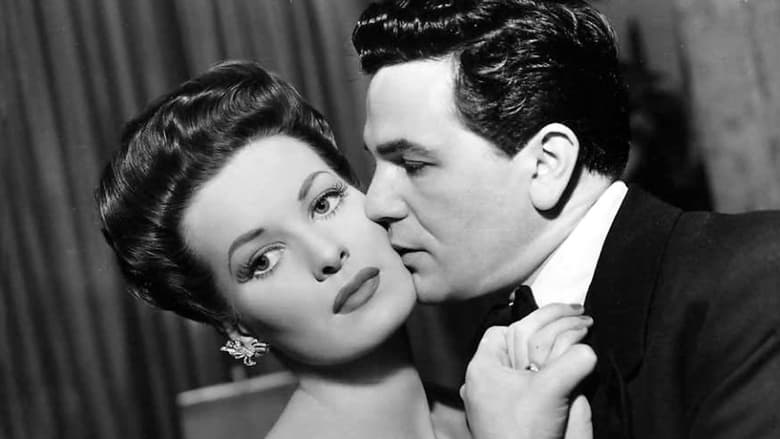
The Fallen Sparrow (1943)
Imprisoned during the Spanish Civil War, John "Kit" McKittrick is released when a New York City policeman pulls some strings. Upon returning to America, McKittrick hears that a friend has committed suicide, and he begins to smell a rat. During his investigation, McKittrick questions three beautiful women, one of whom has a tie to his refugee past. Pursued by Nazi operatives, McKittrick learns of the death of another friend, and begins to suspect the dark Dr. Skaas.
Watch Trailer
Cast


Similar titles
Reviews
So much average
Just perfect...
A lot more amusing than I thought it would be.
It’s not bad or unwatchable but despite the amplitude of the spectacle, the end result is underwhelming.
The very thought of Maureen O'Hara with the Nazis is most ridiculous. At least, they should have had her with a strong Irish accent, as we know that many in Ireland was sympathetic to the Germans during World War 11 because of their hatred towards England.We never fully understand why the Nazis wanted McKittrick, the James Garfield character. Therefore, it becomes puzzling that he was supposedly allowed to escape.It doesn't take much to realize who the man with the limp is.We're dealing with a Nazi spy ring in the higher classes of New York, but no, this is certainly no "House on 92nd Street."In this film, everyone is suspect. It may even take us a while to realize what the range, where the Garfield character, was sent to after his escape really is.
While this is not the greatest Garfield movie, it contains one of his most gritty and complex performances. While his tough, streetwise characters usually have a tender, caring heart that is in the right place, in this film he portrays a vulnerable, nearly-broken man who really has to work hard to summon the strength to fight and survive. The depiction of what would have been known then as "battle fatigue" or "war neuroses" is superb, and very true to what we now recognize under the rubric of Post-Traumatic Stress Disorder (PTSD). It is worthy of study both as a film and as a kind of clinical document or case study of this condition. The use of expressionistic camera, lighting, and sound techniques to intensify the viewer's grasp of his interior mental/emotional status is quite effective, and I think this is what prompts some to classify it as a proto-Film Noir; this, along with some voice-over narration and duplicitous femme fatale characters might also lend such elements of noir identity. However, I am not too sold on that, any more than I would be to call Citizen Kane a film noir because it uses strong lighting & camera effects or a complex flashback narrative pattern. I think it is a good solid war drama full of some ambitious ideas and novel effects for that time period. As most reviewers note, the plot is convoluted and difficult to piece together, and the loyalty of many characters is dubious, kind of like The Big Sleep or The Maltese Falcon (now THERE'S a couple of films noir!), and probably contributes to the lesser-known status of this film. I think the focus on the "battle standard" is maybe not something that evokes a visceral reaction in most people either, so it is hard to wonder why everyone is struggling so hard to obtain it. We can all get why the characters want to possess a jewel-encrusted statuette of the black bird--or even some secret microfilm--but the Borgia flag is a little more abstract. All in all, I think the film is strongest in the acting department, and none stronger than John Garfield. I think it should be re-released as soon as possible on DVD in a nice print and with some extra features--it is more deserving than a lot of other things that roll off the assembly line!!
Hollywood fought World War II on many fronts: most obviously, in its documentaries and war dramas; in genre series coopted for the war effort (such as Sherlock Holmes programmers); and in thrillers dedicated to smoking out the Fifth Column at home (The House on Ninety-Second Street). There was also a more complicated, ideologically tinged kind of movie, not simply anti-Nazi but more broadly `anti-Fascist' (and defiantly leftist). Lillian Hellman's Watch on the Rhine was one; The Fallen Sparrow was another.John Garfield (who else?) survived torture while fighting for the anti-Franco forces in the Spanish Civil War, but it took its toll; he recuperated in a sanitarium in the Southwest. Upon returning to New York where a war buddy has met death by defenestration from a penthouse party he finds some of his friends traveling in the same circles as vaguely sinister Europeans and fly-specked aristocrats Germans, Italians, Spaniards who take a perverse interest in him. Among them is Maureen O'Hara (in a dark, forties updo), who runs hot and cold when it comes to his advances. The dense plot of The Fallen Sparrow collapses into a noirish muddle. Multiple heavies purr in a babel of as many stage accents (Hugh Beaumont's Prussian the most amusing of them). Walter Slezak plays a mittel-European professor whose passion seems to be the aesthetics of torture, and whose limp summons up nightmares for Garfield. There are also family crests dating from at least the Borgias (whose speciality was goblets of poisoned wine), a senile old curmudgeon who believes he'll be restored to the throne of France, and a tattered standard Garfield has rescued from Spain, which becomes this film's black bird....Following all these threads require rapt attention, but who would be willing to devote anything less to the fight against Fascism? The film borrows from such immediate predecessors in the nascent noir cycle as The Maltese Falcon (especially the ending) and The Glass Key. It cooks up plenty of atmosphere but lacks vital clarity. It's not without interest the attention to the psychological aftermath of torture is a bold and courageous stroke but with its political passions looking quaint, if not naive, this overheated melodrama leaves a scorched aftertaste.
Unfortunately, this movie dissolves in a simple detective story with nazi spies as the villains. Most of the acting seems stiff and unnatural. Few of the characters can be as morally good or as evil as they are portrayed. The Spanish Civil War angle is interesting, and the relation of Hitler's Germany to Franco's Spain provides some historical base for the plot. There are disjointed scenes, such as those with a murdered friend's mother pleading for justice and the gypsy dance segment, which are only weakly related to the ideas of dangerous spies in a world about to enter World War Two. There also seems to be a chronic problem with 1943 movies about events of 1940 or earlier in that what transpired in the intervening years tends to mangle both time and history. In the final analysis, this movie asks the question "who done it?" Alas, who cares?If you enjoy Maureen O'Hara you may find this movie more palatable, especially because her later screen personality can be detected here to some degree. The movie is worth a look just to view her performance.


